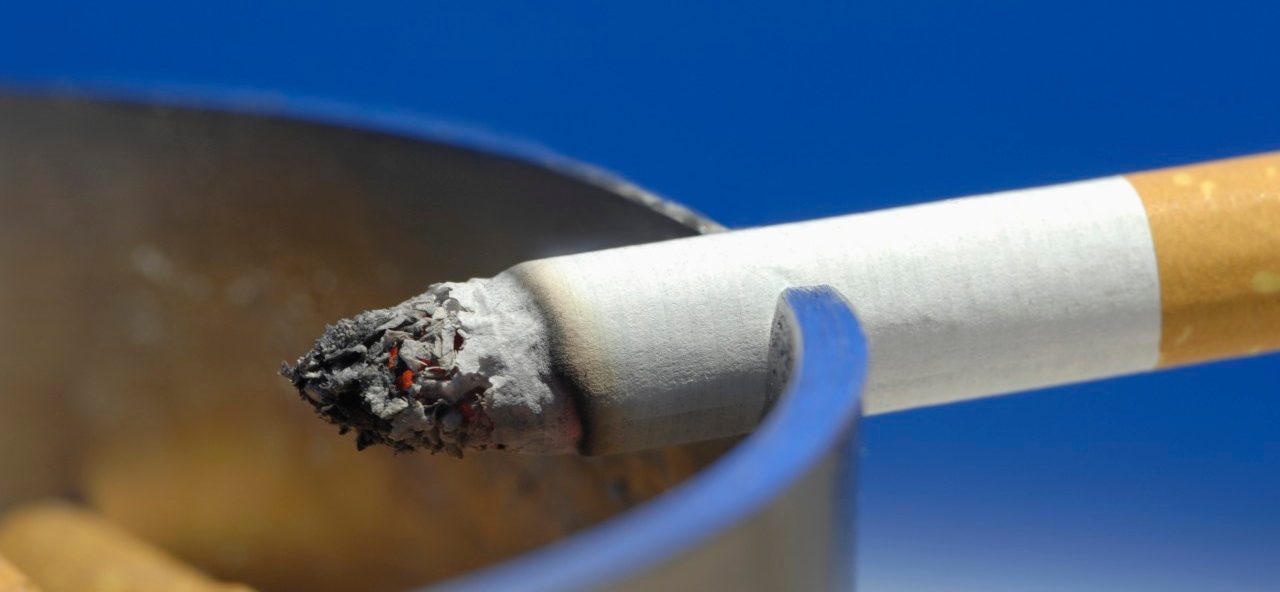How to Prevent Cancer

Four lifestyle changes could reduce your risk of cancer by up to 90 percent. Here's how to prevent cancer.
Could preventing cancer be as simple as one, two, three?
Not quite – but it might be as simple as four. Findings from two studies published in the JAMA Oncology journal indicate that four lifestyle modifications could prevent nearly half of cancer deaths in the United States.
How to prevent cancer
The changes the study found would make the most difference in cancer rates are also healthy lifestyle choices that doctors regularly recommend: to stop smoking, reduce alcohol consumption to no more than one drink per day, maintain a healthy weight, and exercise at a moderate level for 150 minutes per week.
YOU MIGHT ALSO LIKE: Can the Birth Control Pill Prevent Cancer?
The study found that lifestyle choices are factors in a huge number of cancer deaths in the United States. Smoking contributes to 48.5 percent of deaths from 12 different types of cancer; heavy alcohol consumption contributes to deaths from breast, oral, colon, and liver cancer, among others. Obesity increases the risk of cancer occurring throughout the body, including in the breasts, pancreas, kidneys, and liver.
Making healthy changes in these areas, however, resulted in a substantial decrease in cancer risk for both men and women.
When men followed the restrictions on drinking and smoking, combined with healthy weight maintenance and regular exercise, their risk of colorectal cancer decreased by 50 percent, while the risk of lung cancer decreased by 90 percent; for women, the risk of each decreased by 60 percent and 85 percent. Increased physical activity reduced the risk of cancer in the breasts, colon, rectum, endometrium, and many other areas of the body.
The findings come at an important point in the discussion of how best to prevent cancer. In the past decade, several studies focused on the importance of lifestyle choices in cancer prevention. One study, conducted in France, found that you can avoid some cancers with increased physical activity, limited alcohol consumption, and maintaining a healthy weight.
When a 2013 study in the United States found that participants rarely met the recommended threshold for these preventative lifestyle measure, the conversation about cancer prevention shifted strongly towards environmental factors, with doctors encouraging their patients to adopt healthy behaviors to reduce their cancer risk.
YOU MIGHT ALSO LIKE: Top 10 Cancer-Fighting Foods – Maybe
However, a 2015 study called into question the impact that environmental factors have on cancer cells. The findings, that nearly 80 percent of cancers were influenced by genetic factors like stem cell divisions, lent support to the “bad luck hypothesis” – the idea that some patients will develop cancer no matter what, and environmental changes or lifestyle modifications won’t have an effect.
The JAMA Oncology studies, which focused once again on lifestyle changes, were developed in response to the 2015 study. And their findings, which come at a time when more than one million people are diagnosed with cancer every year in the United States alone, could make a huge difference in how cancer is both treated and prevented.
Cancer risk factors
According to the National Institutes of Health, more than two-thirds of adults in the United States are considered overweight, while over one-third are considered obese; the Centers for Disease Control and Prevention (CDC) reports that fewer than half of adults meet the recommended guidelines for aerobic exercise, while fewer than one-fourth do enough muscle-building exercise.
Smoking and drinking behaviors are nearly as problematic. One in six adults in the United States binge drinks four times a month, with the average binge drinker consuming at least eight drinks per binge. And over 40 million U.S. adults are smokers, with more than 30 million smoking every day.
Making these four lifestyle changes – quitting smoking, reducing alcohol consumption, maintaining a healthy weight, and exercising regularly – would not only reduce the number of deaths due to cancer. The research also found that new cancer diagnoses would decrease by 40 percent.
While the conclusion written by the report’s authors lays out straightforward recommendations for making these lifestyle changes, it also acknowledges the limitations of the research. The individuals studied were adults, primarily white, and middle class, which may limit how well the findings can be applied to other populations.
Still, as the authors conclude, there is strong evidence that maintaining a healthy weight, limiting alcohol, not smoking, and exercising regularly can dramatically reduce your risk of cancer. And that is great news for doctors and patients everywhere.
Updated:
March 30, 2020
Reviewed By:
Christopher Nystuen, MD, MBA